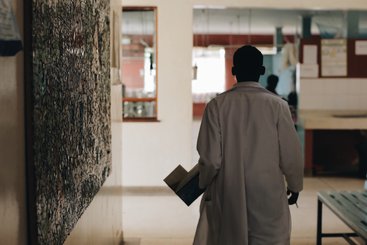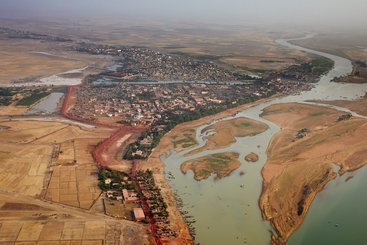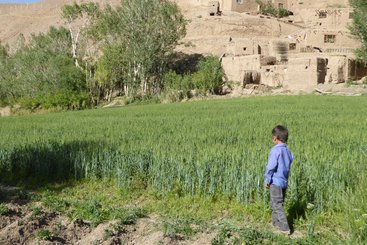By some measures, Mali’s economy has performed well over the last decade. It has respected most of the West African Economic and Monetary Union’s macroeconomic convergence criteria, was made eligible for the debt relief initiative for heavily indebted countries, and assessments by regional and international organisations highlight its fiscal prudence, appropriate economic policy choices and macroeconomic stability. Yet a closer look reveals additional patterns that have contributed to growing disparities, weak trust in government and public discontent. Mali’s positive economic growth in aggregate terms translates into slow per capita growth rates and Mali continues to rank as one of the world’s poorest countries. The economy’s heavy reliance on a few key sectors and persistent structural weaknesses have led to growing unemployment. The gradual reduction in the national poverty headcount measure conceals an increase in the absolute number of poor people and the persistence of poverty in the country’s Northern regions. The food crisis that preceded the recent escalation of conflict further aggravated regional disparities. In addition to its vulnerability to shocks, Mali’s challenges include weak governance, widespread corruption and the recent expansion of the illegal economy. Several policy measures have been taken over the years to address economic and social policy gaps. The European Union should support the government of Mali in building on progress made and introducing new initiatives to promote broad-based and equitable development.
-
Mali: Economic factors behind the crisis
Download file
Francesca Bastagli and Camilla Toulmin



